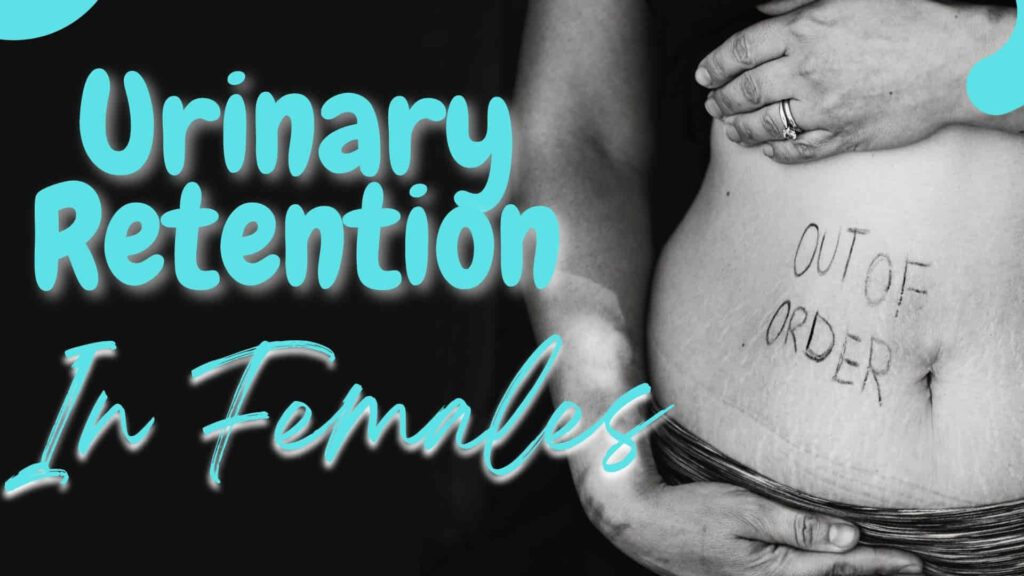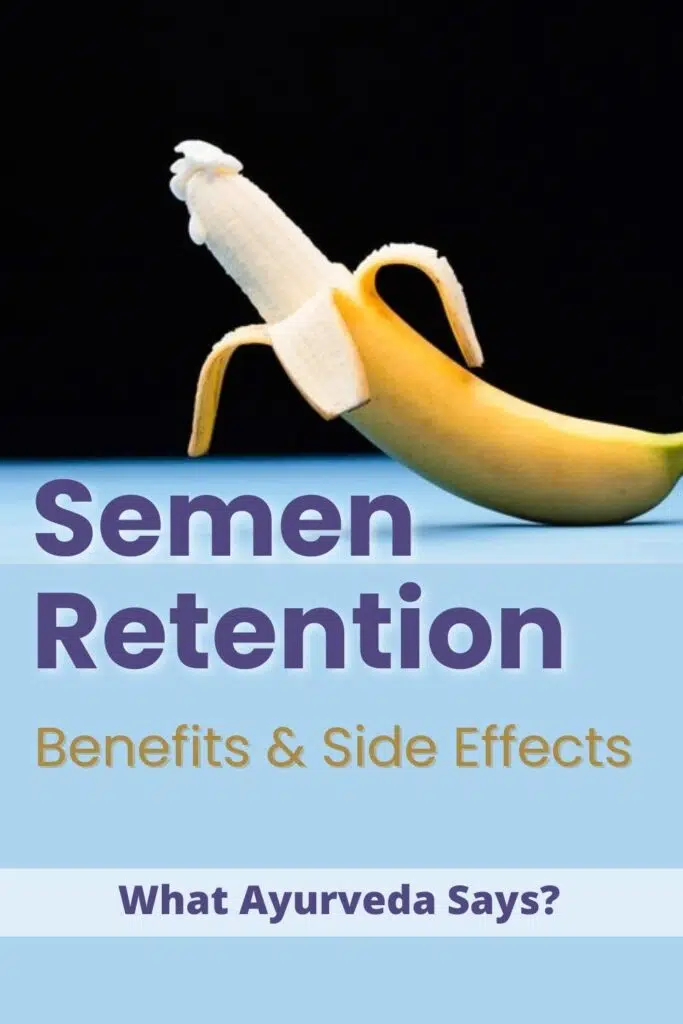Table of Contents
Introduction.
Urine is produced when waste is removed from circulation by the kidneys. Kidney illness in dogs can be either acute or chronic.
While chronic kidney disease takes a long time to develop and is more common in older dogs, acute kidney disease manifests suddenly. While chronic kidney disease cannot be reversed, acute renal illness can.
Additionally, research has shown that dogs with renal illness who are fed the proper diet live twice as long as those who are not.
It’s crucial to remember that each dog will require a different diet depending on how well its kidneys function. You can control your dog’s renal failure and overall health with the right food.
These foods have more high-quality proteins and lipids and less sodium, potassium, calcium, phosphorus, and calcium. Here is a list of foods to stay away from:
Chocolate
Caffeine levels are high in chocolate. Caffeine in chocolate boosts blood flow in your dog, raising blood pressure and putting stress on the kidneys.
Additionally, 100 grams of chocolate include 15% potassium and 44% calcium; thus, consuming a lot will result in your dog’s blood having higher than recommended amounts of potassium and calcium.
Dairy Products.
Among other nutrients, milk includes calcium, potassium, and phosphorus. Increased milk consumption may weaken the bones of your dog because the kidneys are in charge of maintaining the levels of minerals in the blood. Since their efficiency has been compromised, this is a possibility.
On the other hand, dairy products are abundant in calcium and protein. The kidneys are overworked due to increased protein waste i.e. Ammonia in the body.
Legumes.
Potassium is abundant in foods like beans and lentils. A high potassium consumption will result in the mineral building up in your dog’s blood, which eventually causes heart problems since your dog’s kidneys are harmed. You may also consider boiling cauliflower and cabbage as low potassium substitutes. Legumes are also rich in proteins, thus its by-product ammonia is not efficiently excreted out by the kidneys.
Oranges.
High quantities of potassium can be found in oranges and orange juice. As you know, a high potassium level in your dog’s blood causes major heart issues. Citrus is also bad for kidneys and will worsen your dog’s kidney problems.
Grapes and raisins.
Dogs that eat grapes are known to experience acute renal failure. Grapes have been said to be harmful to dogs, yet the exact source of the reaction is still unknown. A study between April 2003 and April 2004 involved 140 dogs, of which 50 reported kidney failure signs and seven had passed away.
Although every dog responds differently to the eating of grapes and raisins, if your dog already has kidney failure, any more kidney damage could be catastrophic. Please keep your dog away from these fruits, whether cultivated or purchased from the shop, seeded or without.
Additionally, raisins have a comparatively high 21% potassium content per 100 grams. The kidneys typically remove potassium from the blood.
Because of the damage to your dog’s kidneys, a higher-than-normal potassium concentration causes the blood to become more acidic, impacting the heart’s functionality.
Wild Mushrooms.
Because they smell like fish, wild mushrooms may draw your dog’s attention. Although some mushrooms might not be harmful to your dog, it will be wise to watch what your dog consumes to be safe.
It may look fine the first two days after your dog eats mushrooms, but gradually kidney cells start to die, which is catastrophic for kidneys that are already damaged.
Cod Liver Oil.
Since cod liver oil is inflammatory, it is not recommended for dogs with kidney illnesses. Choose safer alternatives like fish oil and coconut oil.
Walnuts.
Dogs get poisoned after ingesting walnut wood, husks, nuts, and shells. If your dog already has a renal illness, the toxin might cause deadly damage to its kidneys.
Fish.
Fish has a lot of phosphorous, which will kill your dog because of its impaired kidneys. Chicken and turkey follow the same rules. You should consider phosphorus-low foods like minced beef, pig, and lamb.
Bacon.
Your dog is more likely to get pancreatitis if they have kidney disease. Long-term fatalities could result from a heavy diet of fatty foods like bacon. This does not suggest you should stop feeding your dog foods that include fat; on the contrary, you should keep doing so because these nutrients are crucial.
Conclusion.
Remember that the type of food you should or should not give your dog depends on the severity of its kidney illness. Consult a veterinarian for advice on your dog’s required mineral intake levels and dietary categories. We hope our list of foods to avoid for dogs with kidney disease has clarified what you should not feed your dog to increase its lifespan.
References.
Gaskell, C. J. (1985) Feline urological syndrome: a United Kingdom perspective. Feline Medicine: Proc. Seminar Eastern States Veterinary Conference, Orlando, pp. 27–32. Veterinary Learning Systems, NJ.
O’Neill, D.G., Elliott, J., Church, D. B., McGreevy, P.D., Thomson, P.C. and Brodbelt, D.C. (2013). Chronic Kidney Disease in Dogs in UK Veterinary Practices: Prevalence, Risk Factors, and SurvivalJournal of Veterinary Internal Medicine, 27:814–821



